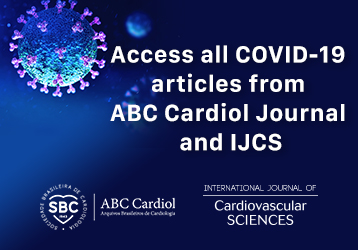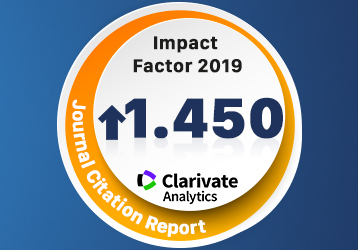Volume 112, Nº 1, January 2019
DOI: http://www.dx.doi.org/10.5935/abc.20180244
ORIGINAL ARTICLE
Validation of the Brazilian Version of CADE-Q II to Assess Knowledge of Coronary Artery Disease Patients
Rafaella Zulianello dos Santos
Gabriela Lima Melo Ghisi
Christiani Decker Batista Bonin
Gabriela Chaves
Clarissa Machado Haase
Raquel Rodrigues Britto
Magnus Benetti

Abstract
Background: The Coronary Artery Disease Education Questionnaire (CADE-Q), an instrument aimed at assessing patients’ knowledge about coronary artery disease (CAD), was originally developed and psychometrically validated in Brazil. It was later translated, cross-culturally adapted, and validated to English. Although both versions demonstrated good reliability and validity, new studies in the area have pointed out the need of implementing the CADE-Q with other components of cardiac rehabilitation (CR) programs, such as psychologic factors, which had not been considered in previous version and were added in the subsequent, adapted version. Thus, a second version of CADE-Q was developed in English, the CADE-Q II.
Objective: to translate, culturally adapt and psychometrically validate the CADE-Q II in Brazilian Portuguese.
Methods: After translation and review by a Committee of specialists in CR, a version in Brazilian Portuguese was generated and tested in 307 patients in CR. Test-retest reliability was assessed by intraclass correlation coefficient (ICC) in 49 patients; internal consistency was assessed using Cronbach’s alpha (α); and, criterion validity was assessed regarding patients’ educational level and family income. The level of significance adopted for all tests was 5%.
Results: After the ICC analysis, 4 items were excluded. The questionnaire was considered internally consistent (α > 0.7). Associations were found between the mean total scores and the variables schooling (p < 0.001) and income (p < 0.001). Median total score was 53 (14) points corresponding to 65.4% of the total possible score.
Conclusion: The Portuguese version of the CADE-Q II showed sufficient reliability, consistency and validity, supporting its use in future studies. (Arq Bras Cardiol. 2019; 112(1):78-84)
Keywords: Cardiovascular Diseases/physiopathology; Coronary Artery Disease; Patient Education as Topic; Surveys and Questionnaires; Validation Studies; Cardiac Rehabilitation.















